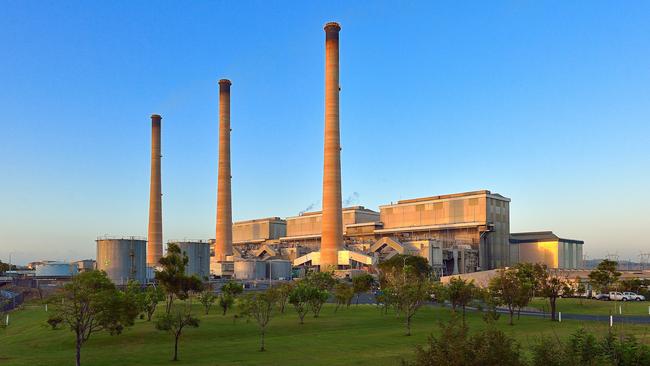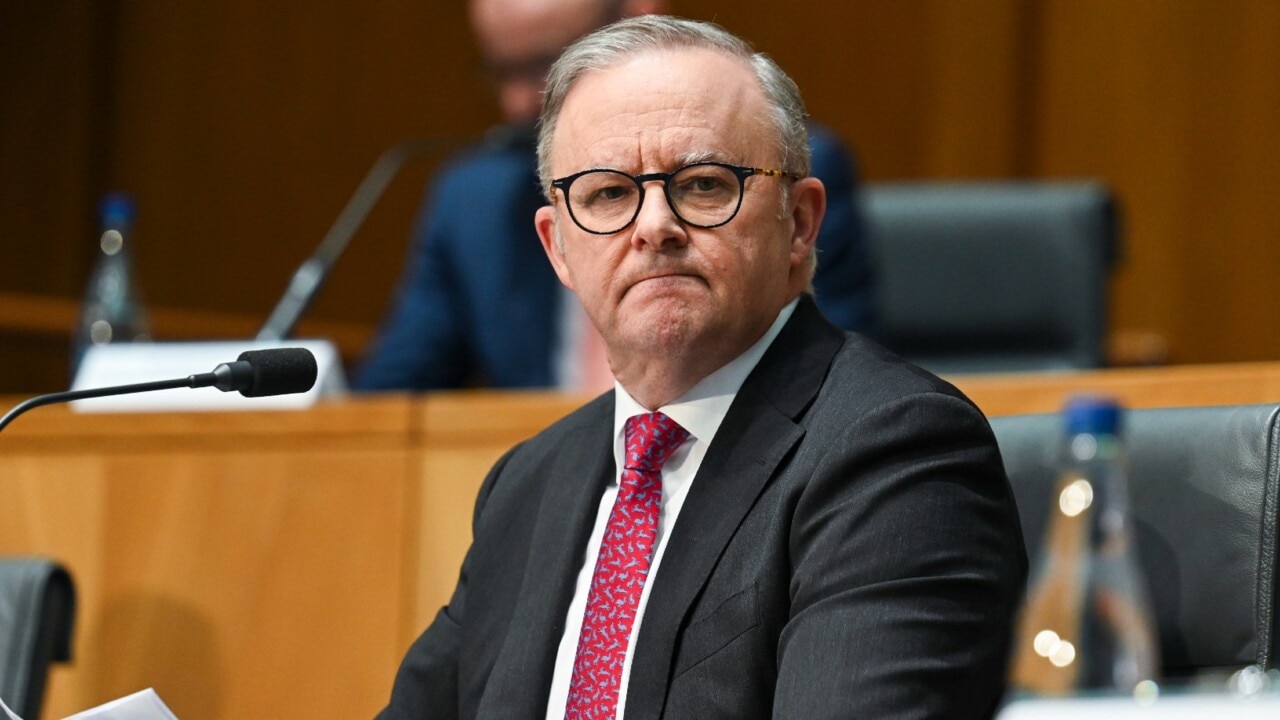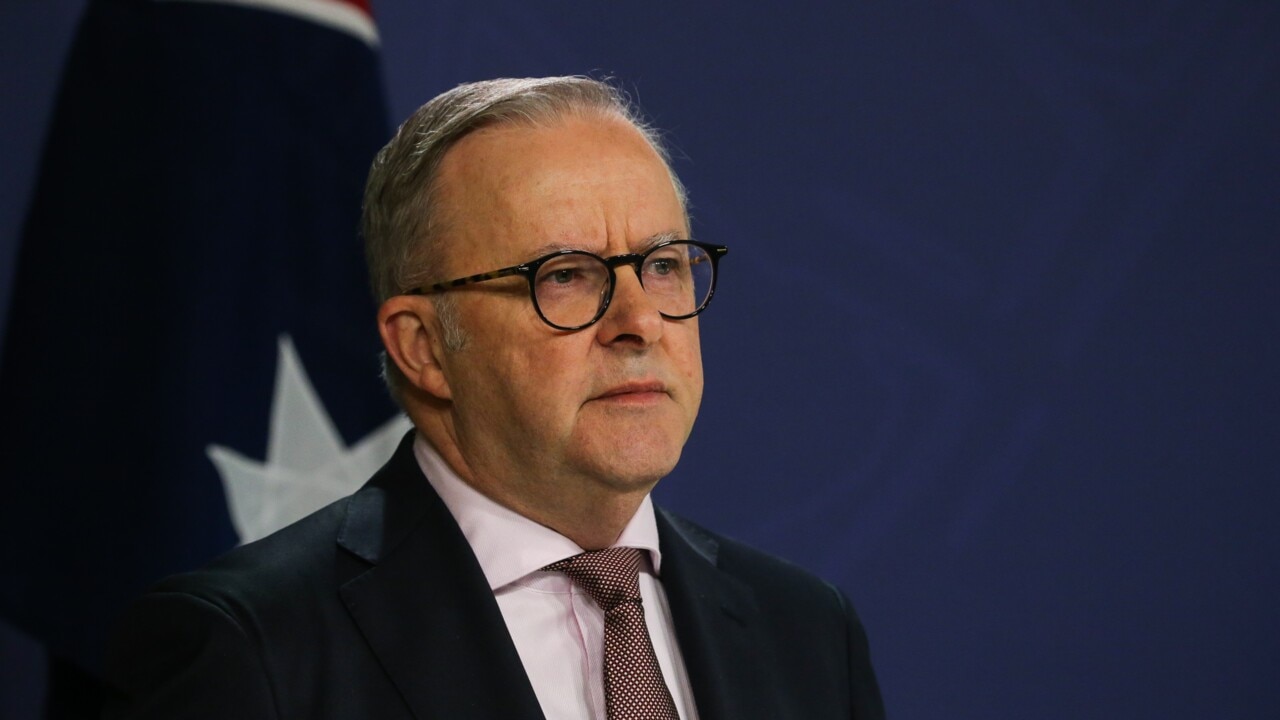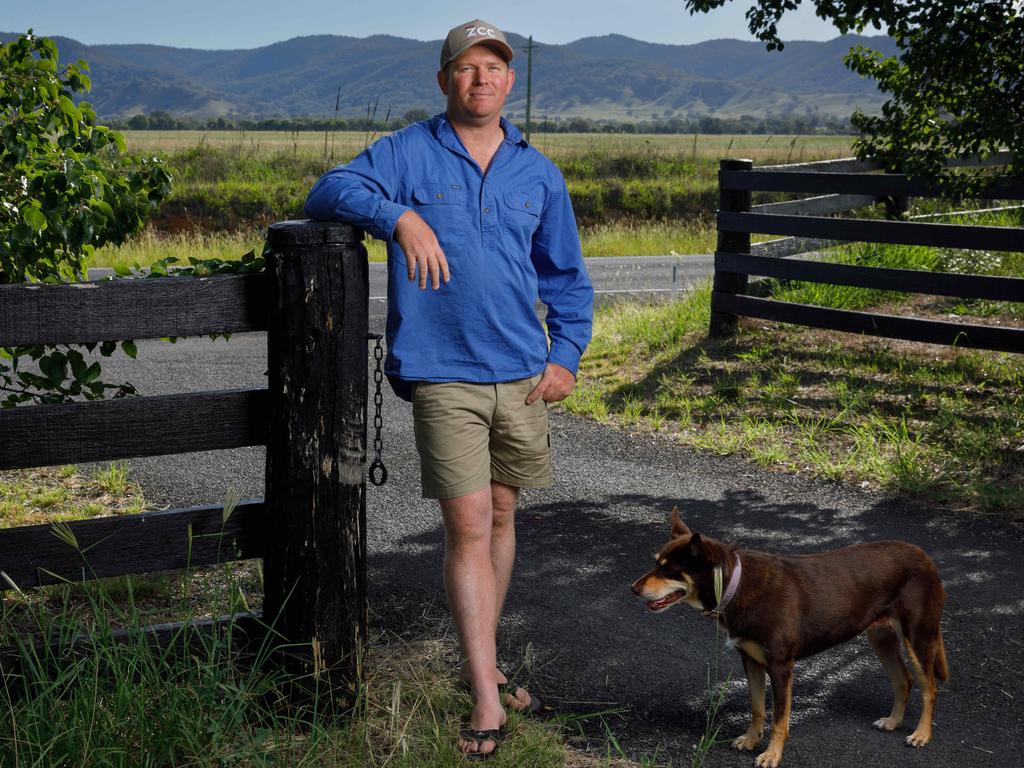Commonwealth to pay coal generators nearly $1bn
New estimates have put the cost of rebates to coal generators at a total fiscal cost of $1.85bn under Labor’s market intervention, with Canberra to pay a 50 per cent share.

Anthony Albanese will pay coal generators nearly $1bn in rebates under his market intervention which capped the price of coal used for electricity at $125 a tonne, according to the latest estimates from the Department of Climate Change and Energy.
Labor’s energy market intervention was triggered in December 2022 by the need to shield Australians from rising electricity prices, which were forecast in the October budget that year to increase by about 20 per cent over 2022-23 followed by a further 36 per cent rise in 2023-24.
Retail gas prices were also forecast to increase by up to 20 per cent in both 2022-23 and 2023-24. The government responded by working with NSW and Queensland to set a price cap on coal used for electricity generation at $125 a tonne, while imposing a price ceiling on new domestic wholesale gas contracts for east coast producers at $12 per gigajoule.
Under the intervention, additional financial support is supplied in cases where the costs of production exceed the cost of supply under the cap. Mr Albanese initially dismissed suggestions that compensation for generators under the arrangements could rise into the hundreds of millions.
But initial estimates provided to parliament’s cost of living committee in early 2023 by the Department of Climate Change and Energy suggested that the combined fiscal cost of the coal generator rebates to the Commonwealth, NSW and Queensland governments would be in the order of $1.5bn to $2bn, with the Commonwealth paying a 50 per cent share.
In a letter sent on Tuesday, Department Secretary David Fredericks provided an updated estimate based on the decline in the market price of thermal coal over the past year. The new estimate was in line with the department’s initial analysis, but slightly lower than the upper figure of $2bn.

“DCCEEW’s revised estimate of the maximum total fiscal cost of the rebates associated with the coal price caps is $1.85bn, with the Commonwealth government committed to paying half under the arrangement reached with the New South Wales and Queensland governments,” he said.
Responding to a request for the updated figure from Nationals Senator Matt Canavan, Mr Fredericks said the new estimate was “less than the previous estimate provided to the Senate Cost of Living Inquiry in February 2023.”
The update from Mr Fredericks suggests the Commonwealth will still need to fork out $925m for coal generators – half the estimated $1.85bn total fiscal cost of the rebates under the price cap.
The latest update from the Australian Energy Regulator revealed the cost of producing electricity in 2023 had fallen by as much as 64 per cent in a year and that wholesale electricity prices were running closer to longer-term averages.
The AER said milder weather, fewer coal supply issues and an increase in cheap wind and solar energy had helped drive the reduction. But it also noted another factor – lower fuel costs partly driven by the government’s intervention.

However, Senator Canavan argued that “massive government subsidies don’t lower electricity prices to our economy. Subsidies just transfer the cost of our inept energy policies from consumers to taxpayers.”
“To lift real wages we have to focus on lowering the costs of production. The government’s clumsy interventions have clearly chilled investment in new energy supplies in Australia. The US is doubling its LNG capacity while we remain at a standstill,” he said. “Our lack of investment in reliable energy supplies will continue to increase electricity prices for all over time.”
Leading energy economists have recently suggested there is no longer a strong rationale to extend Labor’s coal price cap beyond the middle of 2024, given the moderation in short-term coal prices.
A spokeswoman for Climate Change and Energy Minister Chris Bowen said that, because of Labor’s actions, “retail electricity prices are around 25 percentage points less than what was expected before the intervention – despite the LNP opposing this and direct bill relief for five million households.”
“Unlike the LNP, the Albanese government does think the biggest global energy shock in 50 years warranted protection for households and businesses,” the spokeswoman said.
“Had the LNP had their way – consumers would be facing price hikes of up to 50 per cent. Instead, with the Energy Price Relief Plan, for those eligible for rebates in many jurisdictions, price rises will be completely offset with direct bill rebates.”








To join the conversation, please log in. Don't have an account? Register
Join the conversation, you are commenting as Logout